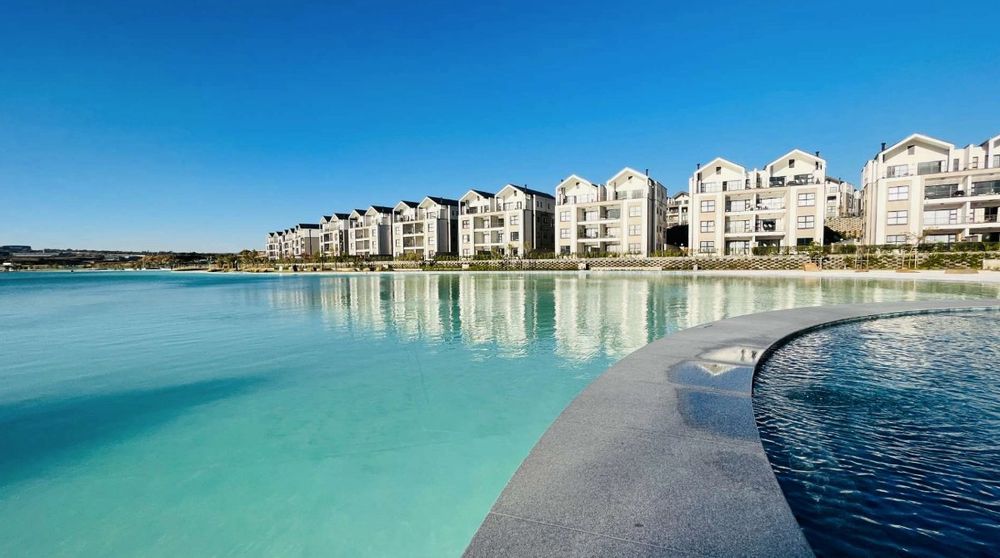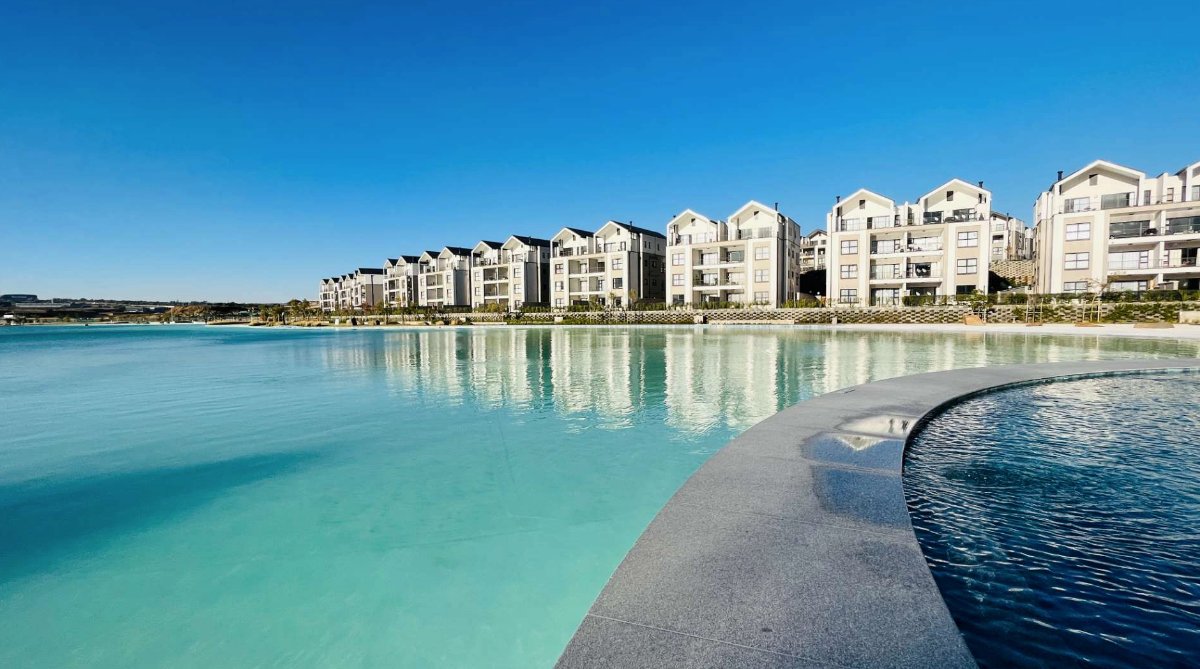Here at LuxLiv, we believe property investment is more than just a financial decision; it’s a powerful way to build wealth, stability, and a legacy. South Africa offers unique property investment opportunities, from vibrant cities to stunning coastal areas, making it an attractive market for both local and international investors.
If you’re thinking about taking the plunge, here’s our guide to understanding the key benefits and factors to consider in the South African property market.
Why Invest in South African Property?
1. Capital Growth Potential
South African property values, especially in major hubs like Johannesburg, Cape Town, and Pretoria, have shown resilience over the years. According to industry data, properties in these regions have generally appreciated over time, making the property a smart asset for long-term growth. For investors, this means not only potential gains over time but also a way to build and leverage equity for future investments.
2. Consistent Income Stream
South Africa’s rental market is thriving, particularly in metropolitan areas where demand for housing remains high. With rental yields in prime areas ranging from 6-10% annually, property investors can enjoy a regular income stream while their investment appreciates. Take care to learn the related costs such as levies and rates and taxes.
3. Portfolio Diversification
Investing in real estate provides a tangible, stable asset that can help diversify an investment portfolio. Unlike stocks, which are highly volatile, property tends to be more stable, particularly in sought-after locations. By adding property to your investments, you can hedge against market uncertainties, with the added benefit of owning a physical asset.
Key Factors to Consider Before You Invest
1. Location, Location, Location
The location of your investment is paramount. Areas such as Waterfall, Midstream, Pretoria East and Paulshof in Gauteng, and Cape Town’s Atlantic Seaboard, have historically maintained high property values. Assessing market demand in specific locations will give you insights into potential rental yields and the likelihood of property appreciation. For example, areas with good schools, amenities, and transport links are always in high demand.
2. Understanding Interest Rates
Interest rates play a significant role in the affordability of property investments. Currently, rates in South Africa are on the higher side, which affects bond repayments. Calculate your monthly expenses and cash flow to ensure the investment remains profitable, even if rates increase.
3. Property Management Essentials
Managing a rental property requires time and effort, especially if you’re handling multiple investments or managing properties remotely. Hiring a property manager can streamline this process, taking care of tenant relationships, maintenance, and rent collection. Though it involves an added cost, professional property management can enhance efficiency and peace of mind.
4. Legal and Compliance Matters
Familiarize yourself with South African property regulations. Laws such as the Rental Housing Act protect tenants’ rights, and ownership structures (like individual ownership or trusts) can impact everything from tax liabilities to inheritance planning. Consulting with property and legal experts can ensure you’re compliant and set up for success.
Risk Management Tips for Property Investors
While property investment holds significant potential, it’s wise to prepare for common challenges:
• Tenant Vetting: One of the biggest risks in rental property investment is tenant default. Thoroughly screen potential tenants by checking credit history and employment status, and consider working with reputable rental agencies for seamless tenant management.
• Comprehensive Insurance: Property insurance, covering both building and landlord-specific risks, is essential.
• Market Research and Diversification: Invest in areas with strong growth potential to avoid stagnant markets or high vacancy rates. Combining different property types, such as urban apartments and suburban homes, can balance rental yield and appreciation.
• Emergency Fund: Unexpected costs can strain cash flow, so consider setting aside an emergency fund to cover at least three months of expenses.
Exit Strategies for Property Investors
Knowing your exit strategy can help you maximize returns when the time is right:
• Selling the Property: This straightforward exit strategy allows you to cash in on your property’s increased value. Keep in mind potential selling costs and fees.
• Refinancing for Future Investments: If your property’s value has grown, refinancing can allow you to use the equity to fund additional properties or improvements.
• Hold and Earn Rental Income: For investors interested in passive income, holding onto a property and earning rental income offers long-term financial stability.
• Upgrade and Sell: Adding value through upgrades or renovations can increase a property’s market value, allowing for profitable resale or higher rental rates.
• Passing Down as an Inheritance: For those looking to build generational wealth, property is an ideal asset to pass down, ensuring family financial stability.
In Conclusion
Investing in South African property presents fantastic opportunities for capital growth, steady income, and portfolio diversification. Location, interest rates, and management strategies are all crucial factors to ensure a successful and profitable investment. As with any major financial decision, consulting with real estate and legal professionals can help you stay informed and prepared.
At LuxLiv, we’re here to guide you through each step of the process. Whether you’re a seasoned investor or just beginning your property journey, our team has the expertise to help you make the most of South Africa’s dynamic real estate mark


